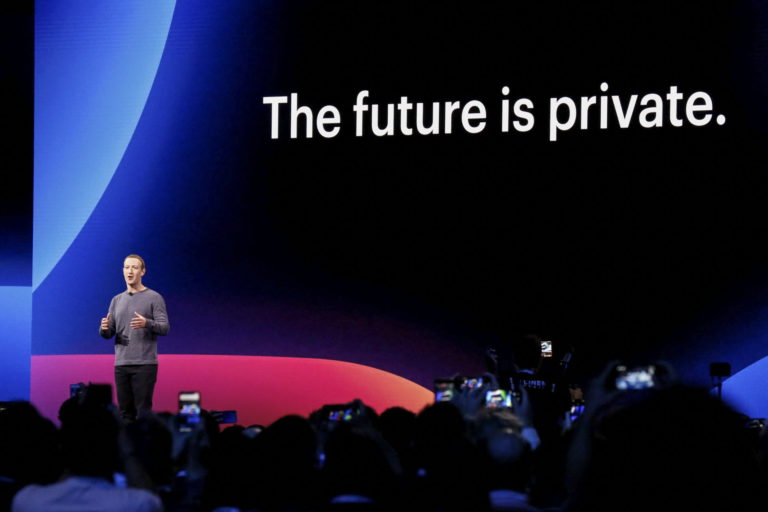
In 2017, WhatsApp announced that its user base has grown to more than a billion active users out of which Indians users account for a considerably huge number. This has made WhatsApp the most used instant messaging app all over the globe. But what Facebook does not understand from this is that with such a huge consumer base it has even greater responsibilities.
WhatsApp is brimming with loads of problems including poor management, fake news, privacy, and more. All this leads me to think that it’s the time when we should ditch WhatsApp to use other apps although having better features are striving to be the competition due to less consumer base.
#1 WhatsApp risks your Privacy!
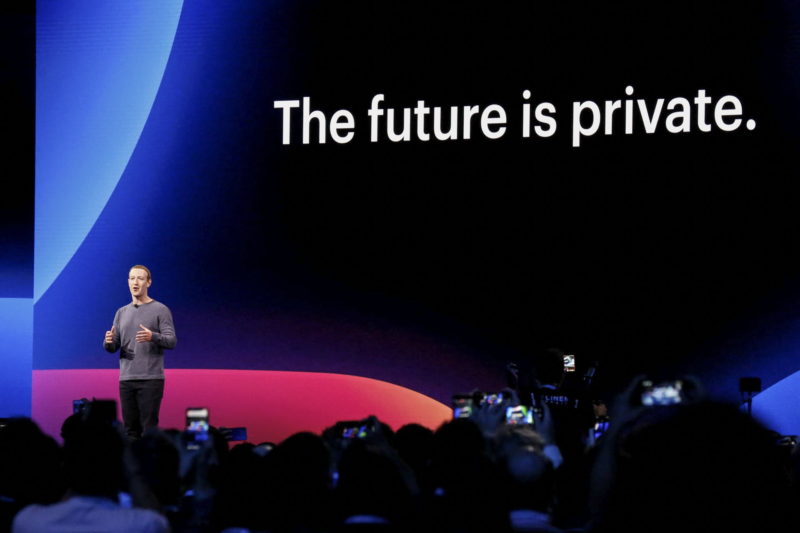
There have been several cases where Facebook has admitted that their users’ private information including their usernames, email addresses, phone numbers and preferences have been leaked or kept without encryption. If you don’t know what encryption is, let me tell you it is just kind of a lock. If your data is encrypted, then even if a hacker gets it then he can not decipher it without the key.
This means Facebook employees can see your private data, something which should never happen mainly because this data contains something more than just your phone numbers or email addresses. Facebook knows you deeply. It’s always tracking you and even further, It knows what you like and what you don’t.
There is also a deep fake video of Facebook CEO Mark Zuckerberg that got trending on Instagram. Although the video is fake you should think about it.
#2 No Edit Message Option!
In WhatsApp, you can’t edit the message you’ve sent. The ability to edit a message lets you correct your message in case it has a misleading unintentional typo (typing mistake) that may be due to your keyboard’s autocorrect. Currently, in WhatsApp, if you want to do so you’ve to copy the message, delete it, reinsert it, correct it, and then send it. This can be really inconvenient. Many WhatsApp competitors have options to do so. The best example can be Telegram or Skype.
#3 Deleted Messages Can Be Easily Read!
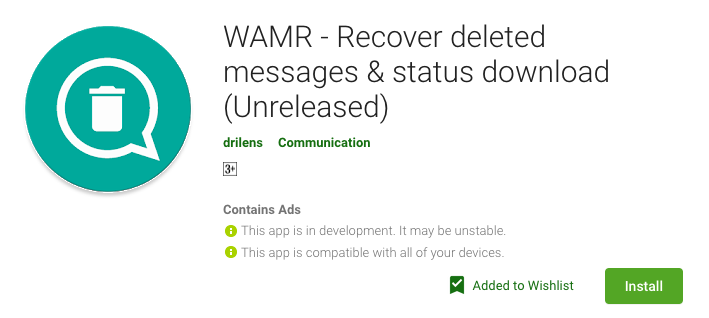
Just imagine you are sharing some of your private information to your family members via WhatsApp but mistakenly you send the message to a friend or any other WhatsApp contact you didn’t intend to send it to. You quickly try to delete the message as fast as you can so that the recipient can read it. Huh, you deleted the message before that two blue ticks came. But wait is your message truly removed from the recipient’s device or from WhatsApp’s servers? Well, apologies because it’s not. You thought you deleted the message and it vanished? When you delete a message, WhatsApp doesn’t remove it instead hides the message and covers it with a label that says “? This message was deleted.” The message stays on the recipient’s device and a simple tool named WAMR (WhatsApp Message Recovery) can be used to read that deleted message with ease. Think the ‘Clear All Chat’ option will save you? It will not. All deleted messages are also backed up to the cloud, where it stays forever.
#4 Your Chats Are At Risk!
Facebook announced ‘end to end encryption’ this year in March. In a 3,200-word blog post, Facebook CEO Mark Zuckerberg discussed some major privacy issues on Facebook. Facebook said that it’s chat messages will from now on be encrypted. This means no one else can read your conversation with a particular person. And no one includes Facebook officials and government. He also planned to eliminate the permanence of messages, which means, messages in Facebook will now be deleted after a specific period of time unless the user prevents it from doing so. But most of these Mark’s announcement never really to come to us. For example, Anonymous Login, a feature Facebook announced in F8 2014 isn’t still available. And we’re still waiting for the ’Clear History’ button that was announced this last May.
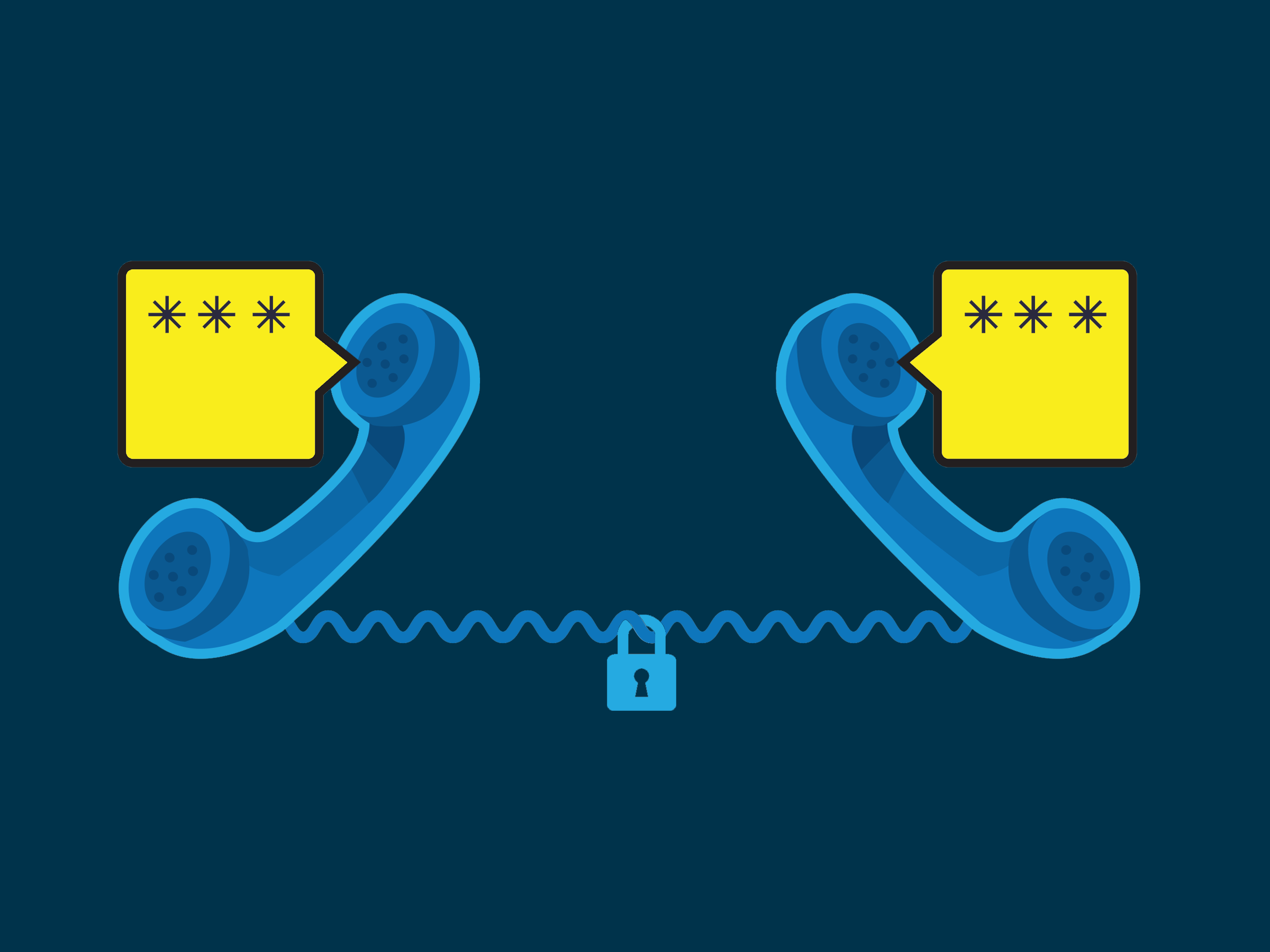
Although WhatsApp says that their messages are “end to end encrypted” most of them are still not encrypted. If you don’t know what end-to-end encryption is, it can be understood just as a feature that translates your message to a language that can not be deciphered without a key. This protects your messages in case a hacker gets his hands on your chats. But since most WhatsApp messages are kept un-encrypted, they’re vulnerable.
The WhatsApp app even encourages its users to back up all their chats on third-party cloud services. The app should ask you whether you want to backup your chats or not but instead, it asks you how often do you want to back up your chats. You can go to settings and select “never” as the frequency of backing up chats. But most users will choose one among the options displayed there and not bother about this.
#5 Even If Messages Are Encrypted, Your Meta Data Is Shared!
Let’s assume WhatsApp’s messages are encrypted, but what about metadata? WhatsApp shares it`s users’ metadata with Facebook and other companies. It is the information such as the person with whom you chat, how often you chat and which group chats you are a member of. It is also kept on your device unencrypted. A German Der Spiegel notes that this information gives hugely valuable information about your network of acquaintances and the patterns of your life.
Metadata are even more valuable than the message’s content. Mainly because it already comes with computer-readable tags like sender, recipient, time, etc. With it, companies can even work the interrelationships of millions of people. This computer-readable metadata can be more helpful because to extract information from the message’s content, the whole message has to be parsed, something at which machines are still bad. More technical people can understand metadata as structured data.
#6 And How Can Anyone Forget?… Fake News!
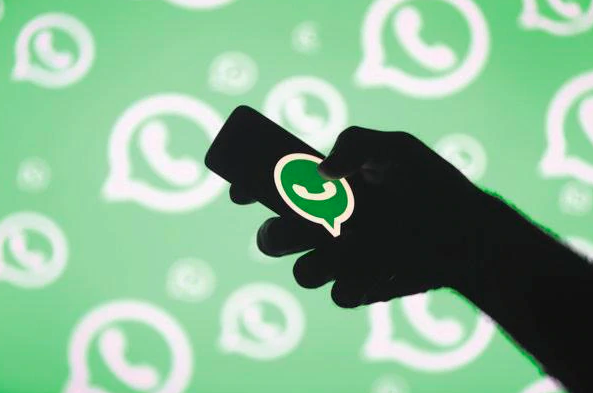
One of the most widespread problems with WhatsApp is that it has become a hub of fake news. At the time of writing this article, I came across a WhatsApp message that said that the Modi government is blocking some WhatsApp users who are inactive on their accounts. The message asked the readers to forward the message to 5 contacts to show that they are active users of WhatsApp. The users who don’t forward the message were told to be classed as inactive and Facebook authorities will charge them some cost to use WhatsApp. The message got spread so fast that in a single day I received it from about 7-10 different contacts.
Although, WhatsApp now marks are forwarded messages as ‘forward’, this feature isn’t sufficient to control the fake news that’s flooding everywhere because unlike Telegram this feature doesn’t tell us who initially wrote the message. WhatsApp has also restricted the forward feature to only 5 contacts at a time.
Today, many people are smart enough to detect if a piece of news seems to be fake. But most are not. I’ve personally experienced people who give their private details such as credit card numbers etc. to a third-party website that looks like a government website. We need to confirm the authenticity of a piece of news before sharing it or taking another action. WhatsApp authorities have also denied adding a report message option to the app something which is a necessity for all chat apps.
#7 WhatsApp Is A Tool For Terrorism!
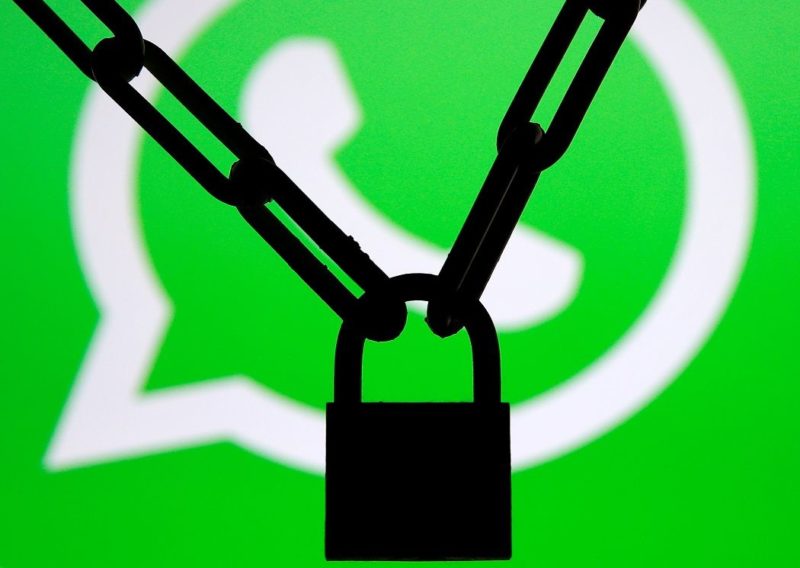
- In December 2015, it was stated that the Islamic State terrorists had been using WhatsApp to plot the November 2015 Paris attacks.
- In March 2017, U.K. Secretary of State Amber Rudd said encryption capabilities of messaging tools like WhatsApp are unacceptable, as news reported that Khalid Masood used the application several minutes before perpetrating the 2017 Westminster attack. Rudd publicly called for police and intelligence agencies to be given access to WhatsApp and other encrypted messaging services to prevent future terror attacks.
- In April 2017, the perpetrator of the Stockholm attack reportedly used WhatsApp to exchange messages with an ISIS supporter shortly before and after the 2017 Stockholm attack. The messages involved discussing how to make an explosive device and a confession of the perpetration after the attack.
#8 WhatsApp Scams!
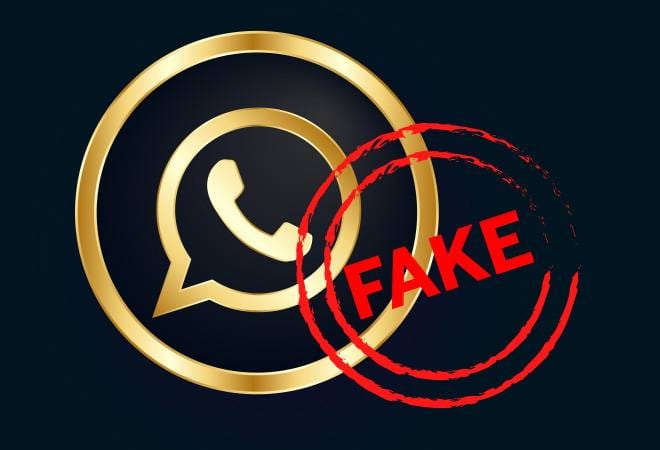
- In May 2016, some WhatsApp users were reported to have been tricked into downloading a third-party application called WhatsApp Gold, which was part of a scam that infected the users’ phones with malware.
- Another application called GB WhatsApp is considered malicious by cybersecurity firm Symantec because it usually performs some unauthorised operations on end-user devices.
What’s The Problem with Facebook?
The main problem with Facebook is the lack of competition. Just think about it for a second. Which social network is head to head with Facebook? Your answer may be Instagram or WhatsApp. But do note that Facebook bought Instagram in 2012 for $1 billion dollars. And two years later, it bought WhatsApp for $16 billion.
Facebook bought two of its major competition and the major competition left now is not as big — Snapchat, and Twitter. Both of which have a relatively lower user base. _The Verge_ says that Facebook broke off and Instagram and WhatsApp will be in tight competition to each other. And since they are allowed to compete, they will be getting improved more frequently with more features.